Hi everyone,
Greetings to you at the end of the spring 2024 semester’s first week of classes! This is a maximally busy time, full of decisions and excitement and new routines, and we hope that amidst all of that bustle you can still spend some time decompressing and relaxing.
Recently, we had the pleasure of welcoming several alumni back to campus to participate in a panel discussion as part of the Loeb Center’s pilot year of the new sophomore summit program. Joining us were four fantastic alumni in the health professions: Adrienne White-Faines ’82, Dr. Michael Dougan ’02, Symone Stephens ’16, and Dr. Rebecca Cross ’11.
We are grateful to all of them for sharing their time and wisdom with members of our pre-health community, and in particular emphasizing that the pre-health community at Amherst is far more than those who are only interested in careers in medicine. This is a major misconception about our office and our advising support: we are NOT just here to advise pre-med students! We are here to offer support and guidance for everyone and anyone interested in any aspect of health, and looking to explore any career or path in health professions.
Another important message that came out of the alumni panel is relevant to you all as you are deciding on your schedule at the start of the semester. We get many questions at this time of year about what classes to take, how to balance the pre-med course requirements, etc. Our answer is always to first create whatever schedule will make you the most successful—successful in the broadest sense, including what you enjoy learning; what lets you make new discoveries about yourself, and new connections across disciplines; what speaks to your values; what lets you better understand others—in this semester, and second to always make sure you are balancing STEM and non-STEM courses, especially if you are interested in going to medical school.
Dr. Dougan, who is a physician-scientist (an MD-PhD) at Massachusetts General Hospital/Harvard, spoke beautifully about how instrumental his English major was and is to his career. He shared that his experiences reading literature helped him learn how to “enter” the story of another person, and practice the empathy and connection he must bring to every single encounter he has with his patients. In fact, he referenced his courses in the humanities as providing the foundation of his approach to clinical care and shaping the doctor he is today—far from just a requirement he had to “get through” on his way to medical school, Dr. Dougan’s investment in humanities courses shapes his medical career on a daily basis. We hope that you will take a similarly expansive approach to your coursework as students interested in careers in health, and to prioritize in your academic exploration those courses that enhance your ability to listen, empathize, and understand the multifaceted and nuanced aspects of health and healing.
